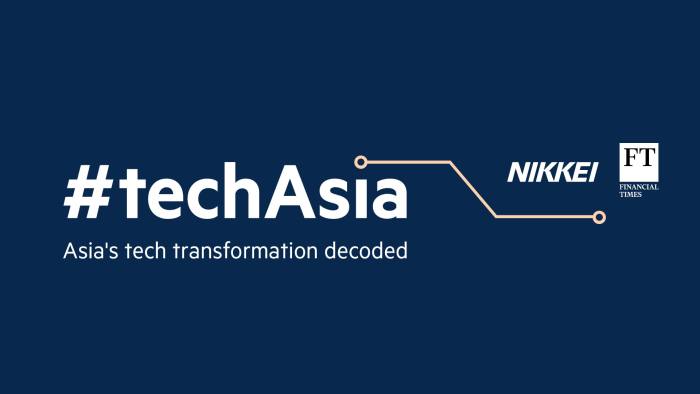Chinese electric carmaker Nio warns of hit from global chip shortage
Nio, China’s leading challenger to Tesla, warned that battery and chip supply constraints would limit production as the electric vehicle maker tries to sustain sales growth amid fierce domestic competition.
New York-listed Nio’s revenue rose to Rmb6.64bn ($1.02bn) in the fourth quarter, up 46.7 per cent from the preceding three-month period, the company said after US markets closed on Monday, as vehicle sales increased 111 per cent year on year to 17,353.
However, the company posted a net loss of Rmb1.4bn in the final quarter of last year, 33 per cent wider than the previous quarter and larger than the Rmb576m loss analysts expected, according to Bloomberg. Shares in Nio fell as much as 7 per cent in after-hours trading.
Nio has predicted sales growth of 15 to 18 per cent for the first quarter of 2021, after notching record sales in January as China’s economy continued its recovery from the coronavirus pandemic.
However, William Li, chief executive, said disruption from global chip shortages and battery supply constraints had the potential to limit production in the second quarter. “We should have the chip supply to meet domestic demand but the risk is still quite high,” he said.
Edison Yu, a New York-based analyst for Deutsche Bank, said chip supply issues would probably be resolved by the third quarter and battery constraints were mainly due to heavy demand for a new larger battery pack model.
“In the autos ecosystem, you are only as strong your weakest link and in this case you have two weak links but I don’t think that will be disappointing for investors, as it also shows the magnitude of demand [for Nio],” he said.
While Nio is riding high again after a $1bn cash infusion from state-owned enterprises last April that averted a cash crunch, competition is mounting — particularly from Tesla’s China-manufactured Model Y, an electric crossover that began deliveries in January.
A flood of funding into Chinese electric vehicle start-ups last year boosted local rivals Xpeng and Li Auto. The two have begun encroaching on Nio’s lead at home: Xpeng’s sales rose 470 per cent in January from the previous year, while Li Auto’s climbed 355.8 per cent.
Nio shares soared more than 1,000 per cent last year, though they have retreated from February highs, as have those of many rivals.
Li downplayed any threat from the Model Y, saying Tesla pumped up sales by cutting prices to spur short-term demand. “We believe we will be able to secure a strong footing in the market rather than using those short term practices,” he said.
To boost sales, Nio will extend its network of fancy — and expensive — showrooms that double up as libraries, coffee shops and shared office spaces, adding 20 locations across China this year to its current 23.
Sales in China’s electric car market, the world’s largest, recovered rapidly in the second half of 2020, fuelled by the country’s success in containing Covid-19. However, the increasingly crowded sector accounts for only about 5 per cent of China’s total car sales.
Weekly newsletter

Your crucial guide to the billions being made and lost in the world of Asia Tech. A curated menu of exclusive news, crisp analysis, smart data and the latest tech buzz from the FT and Nikkei




